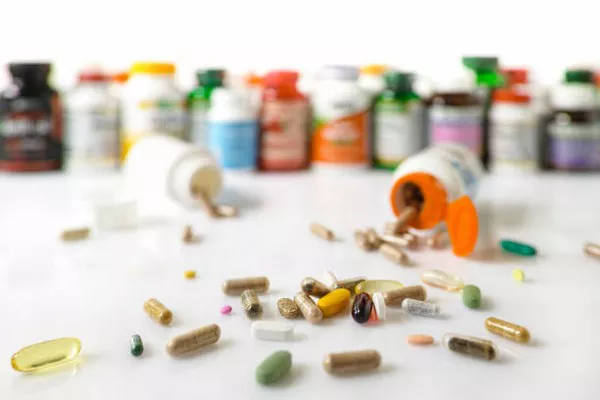In an era where weight loss solutions seem to be just a click away, the surge of telehealth companies and compounding pharmacies offering homemade versions of GLP-1 drugs presents a growing concern. The proliferation of these services raises significant issues about legality, safety, and the integrity of health care delivery.
The New Frontier of Compounding Pharmacies
The advent of compounding pharmacies creating their own versions of GLP-1 drugs like Ozempic, Zepbound, Wegovy, and Mounjaro marks a troubling shift. These pharmacies are akin to the modern version of the “designer smoke shops”—illegal, unsafe, and appearing with alarming frequency, especially in affluent areas. For those who can’t get a prescription from their doctor, these places offer an alternative if you’re willing to pay cash. However, the legality and safety of these operations are dubious at best.
The FDA’s Role and Limitations
The Food and Drug Administration (FDA) is currently in a tough spot. Although it issues warnings on its website about the dangers of off-brand weight-loss drugs, the agency’s ability to enforce regulations is limited. The FDA can only take action against misleading information if there is a clear financial relationship with the drug’s manufacturer, which in the age of aggressive pharmaceutical compounding and social media, creates a massive loophole.
Legislative Efforts to Curb Deceptive Practices
Recognizing the growing problem, Congress is stepping in. Sens. Dick Durbin (D/IL) and Mike Braun (R/IN) have proposed the “Protecting Patients from Deceptive Drug Ads Online Act.” This bill aims to tackle the issue of deceptive and misleading online promotion by both telehealth companies and social media influencers. The proposed legislation would empower the FDA to send warning letters and impose fines on those spreading false information or failing to disclose risks associated with weight-loss drugs.
The Role of Social Media in Driving Demand
The demand for GLP-1 drugs has been exacerbated by social media platforms like TikTok, YouTube, and Instagram. Influencers and companies often promote these drugs without fully disclosing the potential side effects or risks, further compounding the issue. This has led to a surge in demand for these medications, often driven by body image concerns rather than medical necessity.
Proposed FDA Rules and Their Impact
The FDA has suggested new rules to restrict the compounding of certain drugs, focusing on those that are complex to formulate, deliver, or test. GLP-1 medications fit these criteria due to their intricate nature. This move aims to prevent the production of potentially unsafe and ineffective versions of these drugs.
Systemic Implications and Research Challenges
The rise of unregulated GLP-1 drugs has broader implications. It risks slowing down important research into new uses for these medications, as legitimate manufacturers may be deterred by the proliferation of knock-off products. The gap between anecdotal evidence and scientific data highlights the need for rigorous research and development, which requires significant investment from manufacturers. If the market is flooded with unsafe alternatives, it could dissuade companies from pursuing valuable research opportunities.
Conclusion
The explosion of telehealth and compounding pharmacies in the weight loss sector raises serious concerns about safety and legality. While the FDA and Congress are working to address these issues, the growing demand fueled by misleading online promotions and the availability of off-brand drugs continue to pose significant challenges. Ensuring that consumers have access to safe, effective treatments while discouraging deceptive practices remains a critical task for both regulatory bodies and legislators. As the landscape evolves, it is essential to follow the science and prioritize legitimate, well-researched treatments over unsafe alternatives.


